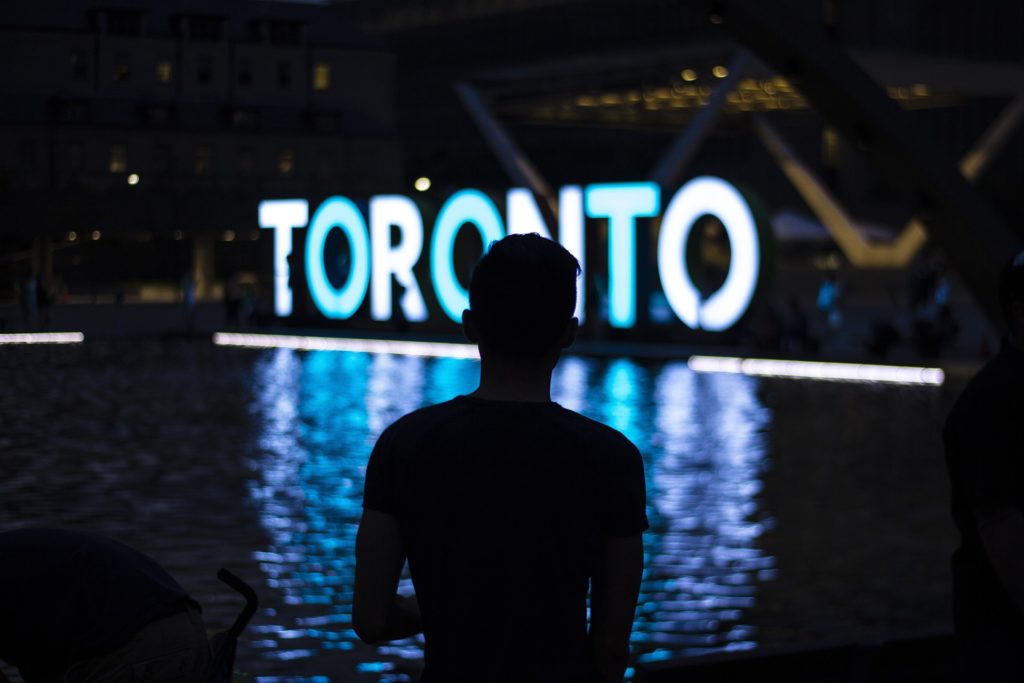The 12 Toronto youth in my ethnodrama study strive to survive neoliberal individualism that distances them from intimate peer connections and from knowledge of and strategic resistances toward the systemic injustices within the world. As one youth research participant told me, “They’re constantly throwing at you that you won’t know these people [fellow students]. They won’t make a difference to you. You’re on your own.” Most participants are socioeconomically under-resourced, racialized, and first- or second-generation immigrants coping with a sense of displacement. One youth stated, “My father always tells me, ‘Go back to Somalia, you’d be with friends and family. Here, you’re on your own.’” Youth selected intersectionality and solidarity as the focus of their ethnodrama. Their perspectives shifted as they exchanged understanding of each other’s multiple identities and struggles. Their devised theatre depicted coalition-building, which we need more than ever now on the interpersonal, local, national and global levels.
“In this workshop, I realised just how difficult it is for these marginalised youth to envision anything other than a dystopic future that feels inevitable. The sense of danger and displacement they experience through everyday violences that we explored in the program extends to a planetary scope.”
Rachel Rhoades:
A PhD candidate at the Ontario Institute for Studies in Education at University of Toronto. She recently completed her dissertation research project fieldwork at the Young Peoples Theatre with a group she founded, Youth Artists for Justice. For this study, Rhoades received the national Ada Slaight Drama in Education Award. She received her Master’s in Education in Community Arts at Lesley University and her BA from Vassar College in Arts Education and Social Change. She has worked for 8 years as a program manager, teaching artist and youth worker at various non-profit performing arts centres and public schools in Boston, MA and Toronto. Her research explores the negotiation of urban youth identities with relation to resistance and political participation as constructed through face-to-face original theatrical devising and within intercultural digital artistic dialogue.
